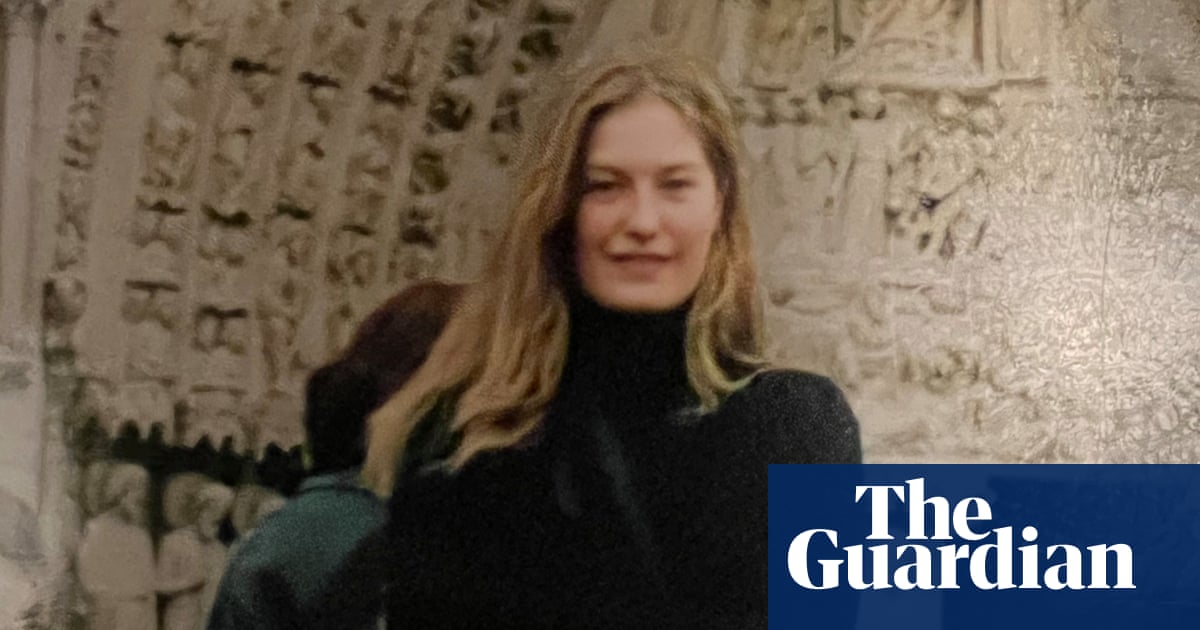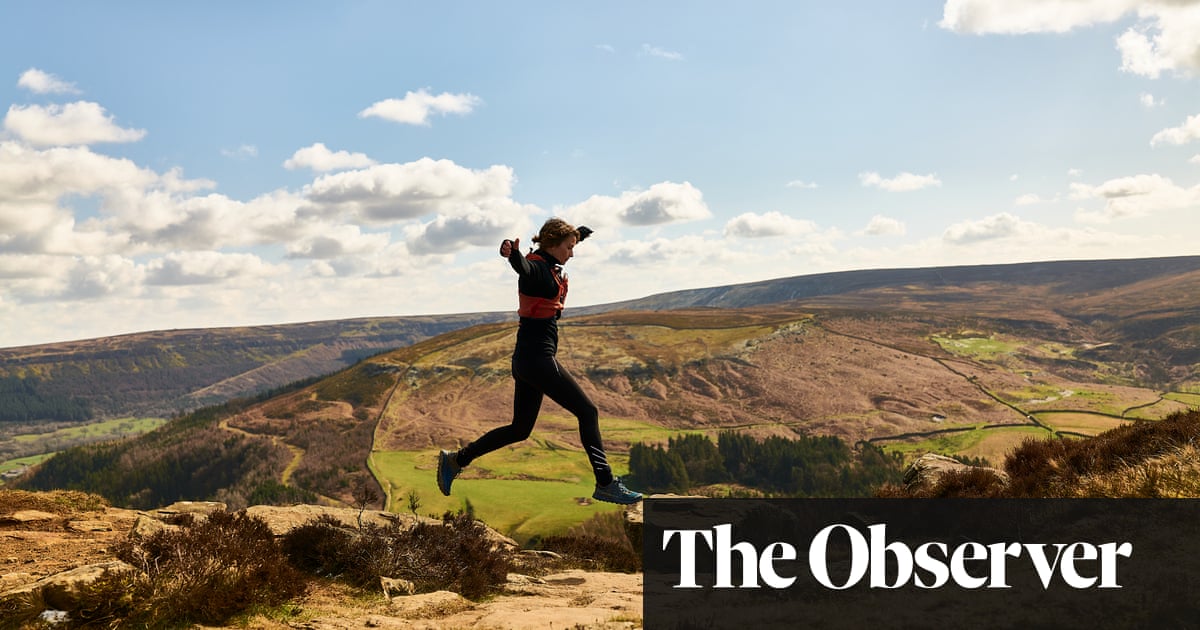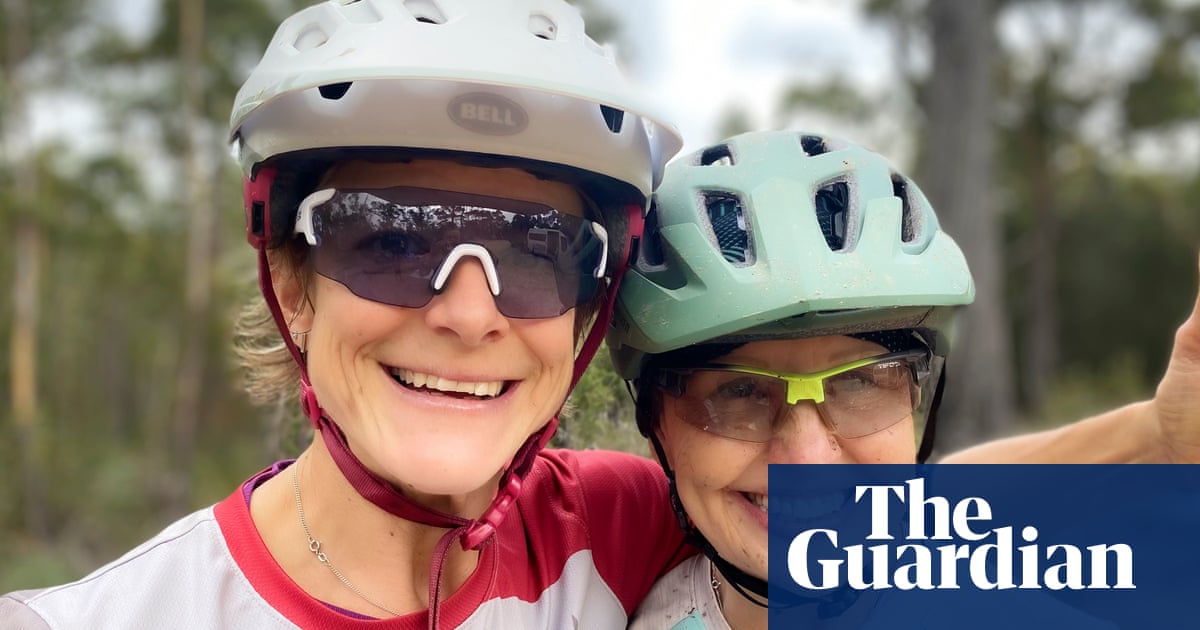
It was broad daylight when I boarded the TransPennine Express train from Liverpool to Newcastle, a day filled with the kind of bright sunshine that makes you feel nothing bad could possibly happen.
I was in high spirits. I had been in Liverpool to speak at a festival and was travelling to Newcastle to read at the northern launch of Common People, a new anthology to which I had contributed.
I found my pre-booked seat and as the train pulled out I began to practise my reading in my head for the coming evening. It stopped in Newton-le-Willows before pulling into Manchester Victoria station. I felt the inevitable flood of memories at my home town station, gateway to illicit teenage trips, visiting the hills surrounding the city while skiving school.
As the train hurtled on, a migraine began pulsing due to loud music blaring in the carriage. A train conductor told a man sitting a few seats ahead of me to turn his music off. The conductor walked on, after which the man turned the volume up. The dull thumping made the pain in my head swell. I asked if he would turn the volume down. He turned around, looked at me with surprise, then hatred, then stood up and burst into a hostile, aggressive torrent of racist abuse:
“Do you have a British passport? Get back on the banana boat. Paki cunt! Fuck off!”
Reaching for my phone, nestled in my handbag next to my burgundy-coloured British passport, I turned my iPhone video on and caught some of his abuse. I posted a seven-second clip on Twitter that included him sticking two fingers up at me, his face a sneer, then putting his hands on his trousers and motioning as if he was about to “moon” me. The man lunged towards me and my heart hammered as I ducked behind my headrest. The oxygen felt sucked out of the train carriage. Prickles of horror spread over my skin at having been called those slurs in front of a whole carriage of people.
The woman sitting next to him told him to shut up. For a few moments, I felt frozen in shock and bewildered that more passengers were not challenging him, that they remained silent. Then I stood up and walked through the carriage past the man, who shouted abuse after me and assumed I was getting off the train.
I kept walking until I reached the end of the carriages and a door marked “Staff”.
Speaking out is not easy. But there comes a time when it’s even harder and more painful to stay silent. That day on the train, fury surged past frozenness and any fear I felt.
This time, I was heard. The member of train staff, Stephen, said he would accompany me to the carriage. We walked back, my heartbeat racing as we got closer. I pointed out the abusive man, then Stephen sat beside me a few seats behind him, discreetly tapped the passengers seated nearby on the shoulders and jotted down what they had seen and heard, before leaving the carriage and ensuring the police were called.
“Do you want to move to the back of the train?” asked Stephen.
“I shouldn’t have to move,” I said. “I have as much right as him to exist here.”
The train stopped in Darlington and through the window I saw two policemen. One of them got in the carriage and recorded bodycam statements from the passengers. On the platform, I saw the man in handcuffs. He saw me and tried to point at me with a look of hatred.
After I gave my statement to the police my anxiety grew as I waited to hear about how the man would plead.
The first week of June brought the news that my abuser had pleaded guilty. Yet despite the successful outcome, I found that a generalised anxiety and depression had gnawed its way into both my body and mind. After I heard about the plea, I felt the oxygen return to my lungs. But in the days and weeks that followed, I still experienced anxiety attacks, feeling the room closing in on me as my breathing became rapid and my heart pounded. I saw the man’s face flash through my mind. I felt a crushing pain at the suggestion that I had no right to exist in a place that is my home. At my lowest ebb, I wanted to cease existing. Even walking the streets of the city, I felt a sense of claustrophobia. That year, I’d been racially abused twice, while walking through Nottingham and London.
I began to long for wide open spaces, to breathe freely in the great outdoors. I hungered for greenness. One day, I was looking at a map of the north of England and there, along the route of my Liverpool to Newcastle train journey, I saw the Pennines, “the backbone of England”, with their nature reserves, national parks and areas of outstanding natural beauty. I felt a longing to journey through the landscapes of the north, transforming what began as an ugly experience of hate and exclusion into one of hope and beauty.
Go back to where you’re from. This is where I’m from. I’m from the north. I belong here. I began to plot out a route, reading up about the Pennine Way, Britain’s oldest national trail, which runs for 268 miles. I zoomed in on the Peak District, where the trail begins. How glorious to glimpse a place there named Hope. It was there I wanted to start my journey.
ne day in mid-summer, I finally make a move. I get the Hope valley line from Manchester. I see flashes of purple rosebay willowherb through the window. I step off the train in Edale, the gateway to the Pennines, and feel the noise of the city fall away. As the train engines fade, silence envelops me, but for birdsong. I breathe in fresh air.
In the Penny Pot cafe I sip sweet tea while looking at maps. A volunteer from the National Trust tells me that this part of the countryside is all about the right to roam, as it is here that the Kinder Scout mass trespass of 1932, which helped to open up access to the countryside, happened. Hundreds of walkers, mainly from Manchester, trespassed on what was then private land by walking from Hayfield to Kinder Scout, asserting their right to exist in places from which they were excluded. Kinder Scout was at the time used to keep grouse for rich landowners. The walk was celebrated in the folk song by poet and folk singer Ewan MacColl, who joined the protest and knew that walking could be a radical and political act and lead to change; that walking could be a way of saying: I belong here.
Learning about the north and its history, my sense of place and identity deepens. Gazing out over the valley from on high, I look back over my life and at other times when I have experienced abuse and either did not speak out or reported it but was not taken seriously. I realise how hatred can become internalised, become self-loathing. As I walk, I feel those emotions shift and lift. I feel my mind open out as I look forward to walking through the forest of Bowland, rising up through the Yorkshire Dales, and the north Pennines.
I had planned my journey to follow on foot the course of four rivers, the Aire, Ribble, Tees and Tyne, whose birthplace is high up in the north Pennines, as well as riding some of the local historical railways along the way. At first, I walked alone in the Hope valley, Kinder and Edale, but by the time I reach the Aire I was accompanied by a photographer friend, George.
Approaching Gargrave on the southern tip of the Yorkshire Dales, we wonder how the way I am perceived by other people as I walk through this non-multicultural village and out into the countryside will be affected by the fact that I am with a man who, although he is mixed race, looks white. Will I be more accepted than if I had been walking alone as a brown woman? I have encountered no hostility yet on my walk, but there is no denying that as a woman of colour walking through this landscape I stick out like a sore brown thumb. Natural England recently published the staggering statistic that only 1% of visitors to national parks are from black, Asian and minority ethnic backgrounds.
I ponder the term “woman of colour” and think about how language can imprison. It is exhausting to be pigeonholed; people not seeing beyond skin colour and making incorrect assumptions. I don’t fit neatly in any box and my heritage, encompassing Asia, Africa, the Caribbean, and South America, is often not understood, which can make me feel as if I don’t quite belong anywhere.
I have been questioned about my Britishness many times apart from by the racist on the train. I was asked that question: “Where are you from?” by the heir to the throne when I met Prince Charles in 2018 at the Commonwealth People’s Forum at which I was a speaker.
“And where are you from?” asked the prince as I shook his hand.
“Manchester, UK,” I said.
“Well, you don’t look like it!” he said and laughed.
He was then ushered to the next person, leaving me stunned by the gaffe.
We leave the river behind to walk further into the village and the first things to catch my eye are white and red St George’s Cross flags on an ivy-covered tearoom. As we step inside, some stare at me with surprise – a quick look round shows I am the only person there who is not white. Others smile and I get chatting to some locals who advise me to do the Cumbria Way walk one day and take the scenic Cumbrian coastline train. We are soon walking again, fortified by sweet tea.
We walk the rest of the way along the River Aire, following its course all the way to its source at Malham Tarn. Then we head to the Malham village pub and devour fishfinger sandwiches and more tea. We make our way back to the bunk barn and George packs his possessions. It’s his last day. I feel a lurch of nerves at the thought of doing the rest of the journey alone.
However, I soon find as I walk on through the moorland that I am loving being alone. Walking by myself like this allows me to breathe in the landscape. I walk over a bridge and see mountains rising in the distance that must be the Yorkshire three peaks – Whernside, Ingleborough and Pen-y-Ghent. I’m nearing Horton-in-Ribblesdale, the next stop on my Pennine journey. I have walked miles along the Ribble without even feeling the weight of my rucksack on my back. I realise that throughout my walk I have developed stamina. I have become stronger.
I visit Settle and pass a large sign saying “Welcome to the Settle-Carlisle Railway; 72 Miles of Scenic Splendour”. The previous day, sitting by the Ribble, I had met an old man whose son was a train driver on the line for many years. He told me it was one of the most beautiful railway journeys in the world. I decide to go for a ride and at least glimpse from the train those symphonic place names along the route: Ribblehead, Dent, Garsdale, Kirby Stephen, Appleby, Langwathby, Lazonby and Kirkoswald, Armathwaite. It is bliss being on the train and watching the places rush by me in a blur, the idyllic landscape of hills and small villages beneath a day of blue skies and the Ribble viaduct, which featured in the Harry Potter films. I drift off to sleep for some of the journey but awake just in time to see one of the highest train stations in England, Ais Gill, whose summit sits 1,169ft above sea level.
reach Middleton-on-Teesdale in the north Pennines and set out to walk all the way to Langdon Beck, one of the remotest areas in the country. En route is High Force, one of England’s highest and most dramatic waterfalls. A young man I meet in the village offers me a ride there. We drive to the High Force hotel and are soon walking through High Force woods, amid trees of such stunning beauty, ablaze with all the colours of the season, some still green, others turning golden and amber. Then I hear an enormous thundering, as if the earth is splitting open. We follow the sound, spirits raised and with childlike excitement, almost forgetting we are total strangers.
There it is in the distance, crashing down, gleaming white and rushing into the river, with bright sunlight behind making it sparkle like liquid diamonds: the waterfall. As we draw closer, I can see that the water crashing from High Force and plunging over the precipice has strains of a metallic coppery colour due to the peat of the Pennines. High Force is formed by the River Tees dropping 70ft over the Whin Sill. I step out on to rocks right beside the waterfall, so close to its power and energy. The great stones I walk over have such a luminescence they seem alive. A rainbow appears, arching over the falls.
Walking through such wild, ancient landscape brings me a strong awareness of how we are all temporary guests on this earth. We will take nothing of it with us. How changing it feels to have seen and heard and felt the wilderness, the greatness of these vast expanses and the peace they bring. Being close to living things – the trees breathing, the water lapping – brings a sense of being a part of something greater than the self.
I realise my journey has been a quest for a sense of belonging. All my life, I felt like I didn’t belong and I grew used to that sense of unbelonging. But there comes a time to say: I belong here. I realise how much my anxiety throughout my life has been about my sense of place in the world. Since what happened on the train, I have developed a defiance to those who would have me disappear. “You may kill me with your hatefulness, but still, like air, I’ll rise,” wrote Maya Angelou. I want to continue rising. My journey is far from over. I will not be silent. I will not stop walking through the world, my home.
This is an edited extract from I Belong Here: A Journey Along the Backbone of Britain by Anita Sethi, published by Bloomsbury on 29 April (£16.99). To order a copy go to guardianbookshop.com. Delivery charges may apply
Anita Sethi will be in conversation with author Kerri ní Dochartaigh at Bristol Festival of Ideas on 19 May. For details visit bristolideas.co.uk
Anita Sethi has launched the I Belong Here foundation to provide books to those who cannot afford them












